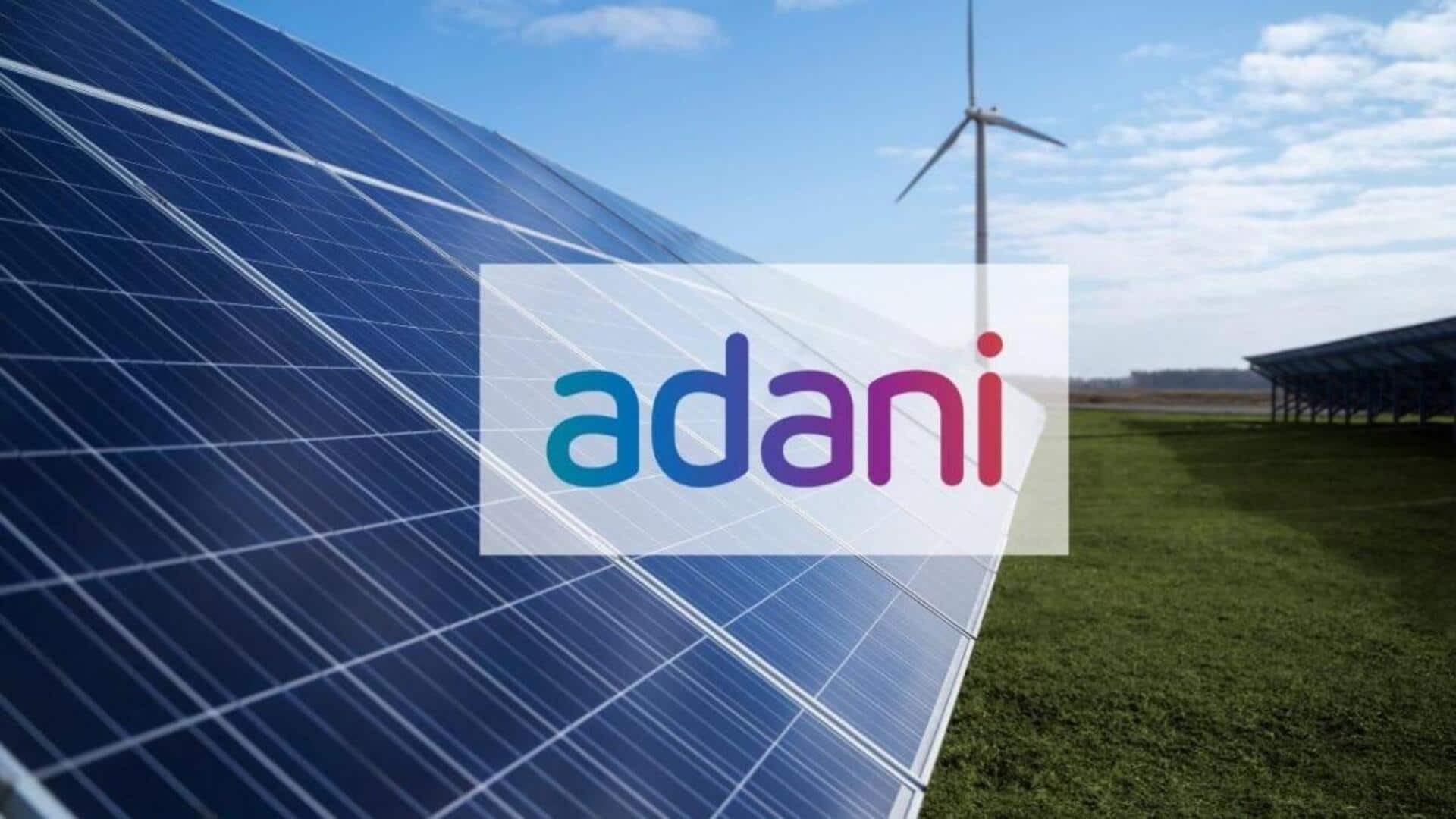
Adani acquires major renewable energy transmission project for ₹4,091 crore
What's the story
Adani Energy Solutions Ltd (AESL), a part of Adani Group companies has successfully acquired the special purpose vehicle (SPV) for the Khavda Phase IV Part-A transmission project. The acquisition was finalized following the receipt of a letter of intent (LOI) from REC Power Development and Consultancy. This move solidifies AESL's position as India's largest private-sector transmission player and a key contributor to the country's energy transition. AESL plans to invest approximately ₹4,091 crore in the development of 298km transmission line.
Investment details
Project to facilitate evacuation of 7GW of renewable energy
The latest project is expected to facilitate the evacuation of 7GW of renewable energy from Khavda renewable energy park — the world's largest renewable energy park. The company secured this project through a tariff-based competitive bidding (TBCB) process and aims to complete it within the next 24 months on a build, own, operate, and transfer (BOOT) basis.
Project specifics
It will connect Khavda to Lakadia and Bhuj
The Khavda Phase IV Part-A transmission project involves the construction of a transmission line that will connect 765kV double circuit lines from Khavda to Lakadia and Khavda to Bhuj in Gujarat. The project has a transformation capacity of 4,500MVA. AESL has committed to maintaining this infrastructure for 35 years post-completion, demonstrating its long-term investment in India's renewable energy sector.
Decarbonization impact
Khavda renewable energy park to boost India's decarbonization efforts
The Khavda renewable energy park, with a planned generation capacity of 30GW, is set to significantly contribute to India's decarbonization efforts. Kandarp Patel, CEO of AESL, emphasized the importance of this project in enhancing infrastructure necessary for clean energy evacuation. He stated that "this investment will not only establish the critical transmission network required to evacuate the planned 30 GW of green power that Khavda will generate but also provide the much-needed grid stability."